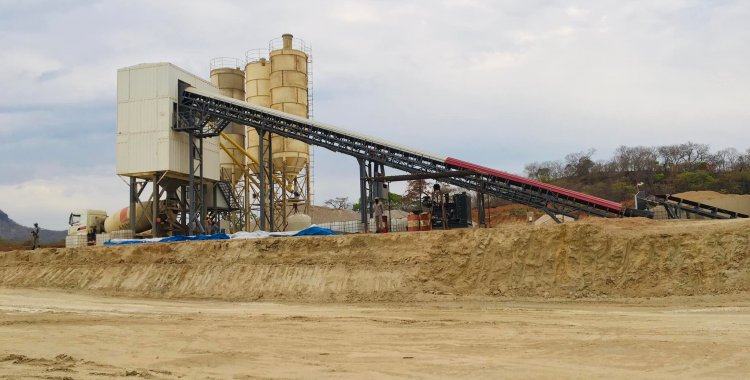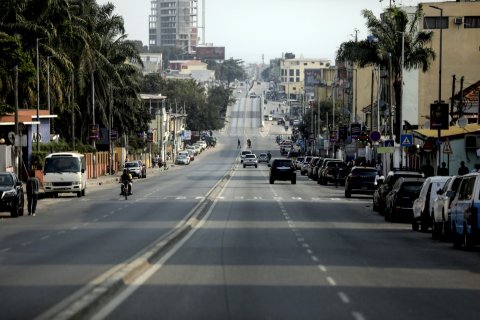"Let's hope that, if everything goes well, this year the project will begin production activities, in the first phase, and, over time, reach other phases intended for these projects," said the minister.
The head of the Mineral Resources, Oil and Gas portfolio – speaking to Angop last Friday, during a meeting with Niobonga, the Chinese company responsible for production – also said that this is an important project, in which the mineral is classified as "critical".
It is worth noting that, in the past, other dates had already been put forward for the possible start of niobium exploration. One of the most recent was in June last year, when the competent authorities indicated that the exploration of this rare mineral would begin in the first quarter of 2025.
Before that, the Chinese company had planned to start exploration in April last year, the procedure being dependent on the completion of the relocation of families living in the area and on rainfall.
At the moment, the supply of electricity to the area is guaranteed by groups of diesel generators, resulting in the consumption of 50,000 liters per day and, if the situation is not regularized, upon reaching the production/exploration stage, this cost could reach 160,000 liters per day, a scenario which could be mitigated by expanding the public network to the exploration area, writes Angop, which adds that in an initial phase 25 megawatts are needed, but in the following stages the demand is 90.
The prospecting phase lasted two years and, in terms of jobs, by the end of 2023, more than 800 jobs, both national and foreign, were active, however, the objective is to reach between 2000 and 5000 workers in the exploration phase.
According to Angop, the project is being implemented in an initial area of 160,000 square meters, with an investment of more than 20 million dollars.







